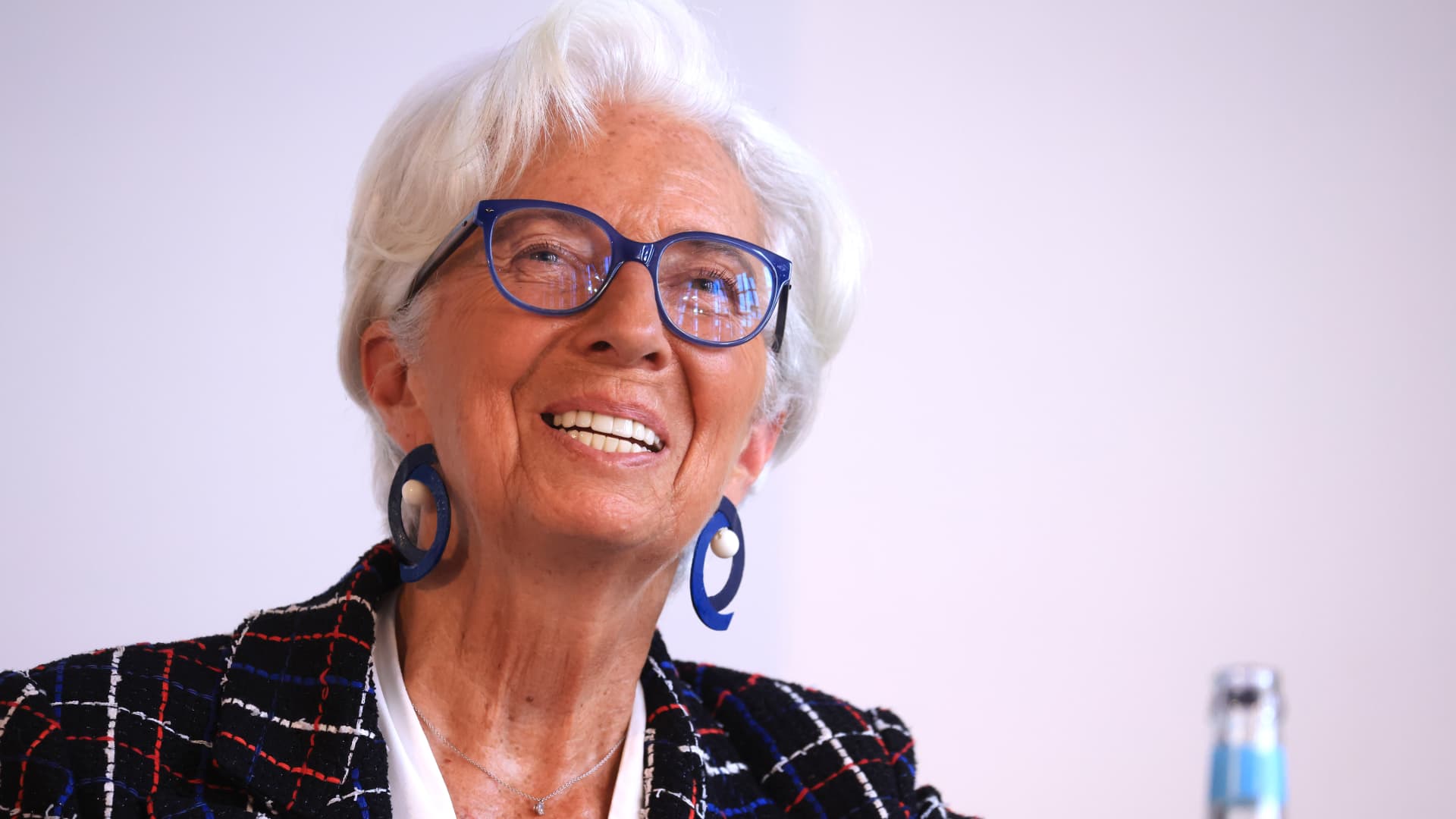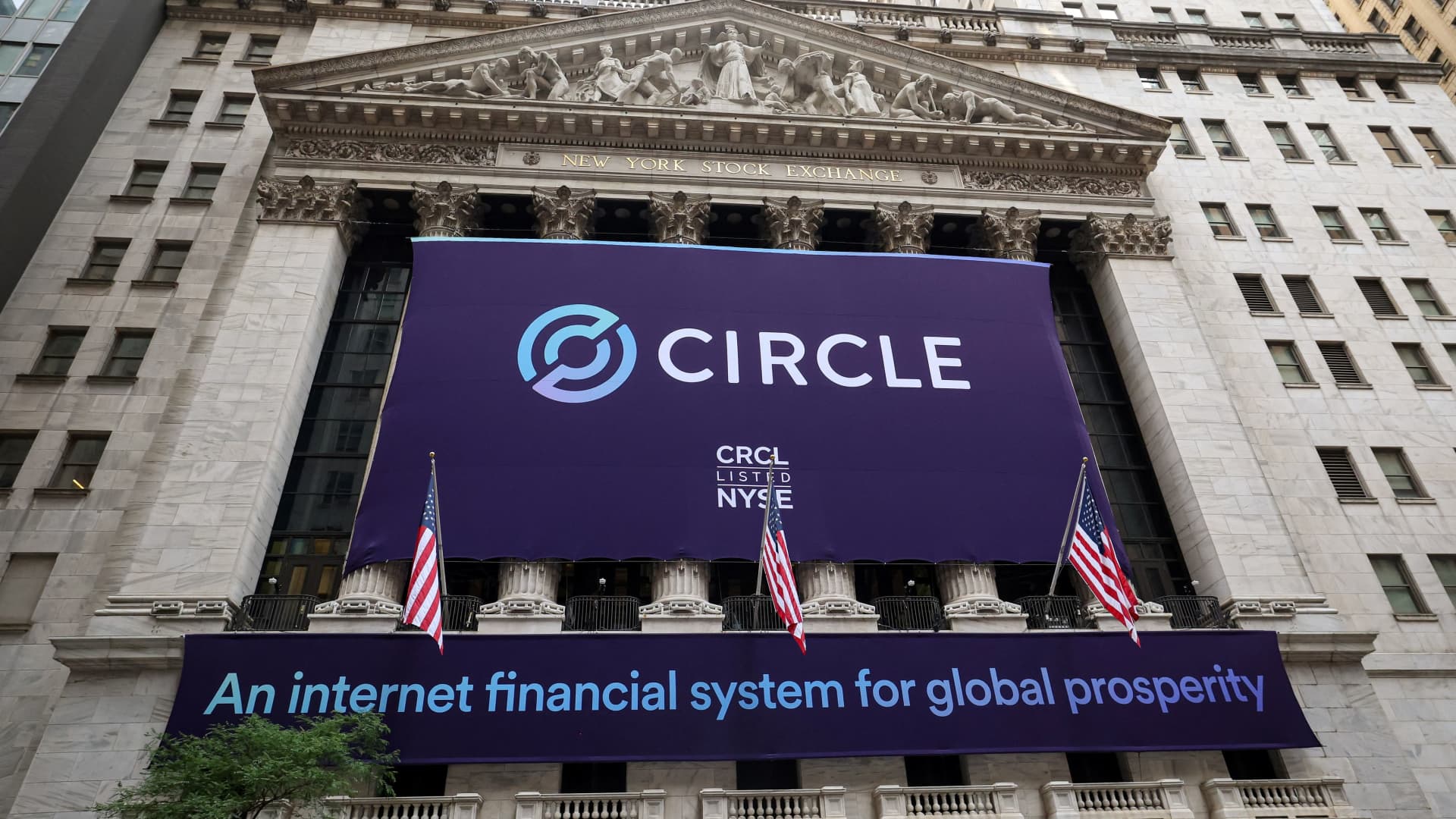Now Reading: European Central Bank trims interest rates after inflation dips below target
-
01
European Central Bank trims interest rates after inflation dips below target
European Central Bank trims interest rates after inflation dips below target

The European Central Bank made an announcement on Thursday about reducing interest rates by 25 basis points and revising its inflation forecasts due to a stronger euro and lower energy costs. The deposit facility rate has now decreased to 2% from a peak of 4% in mid-2023. Traders had already anticipated this cut by almost 99% before the announcement, as shown by LSEG data.
The decision to lower the deposit facility rate was based on the updated assessment of inflation outlook, underlying inflation dynamics, and the effectiveness of monetary policy transmission, as stated by the ECB. While most council members supported the rate cut, one member dissented, as mentioned by ECB President Christine Lagarde during a press conference following the announcement.
The Stoxx 600 initially reacted calmly to the news before slightly declining, while the euro gained 0.4% against the dollar.
In terms of economic outlook, euro zone inflation dropped below the ECB’s 2% target rate in May, registering at 1.9%. The ECB also released its latest economic projections, now expecting inflation to average 2% in 2025, down from the previous estimate of 2.3% in March. The revisions were influenced by lower energy price assumptions and a stronger euro, the central bank explained.
Despite the easing interest rates, economic growth in the euro zone has been sluggish. The ECB maintained its 2025 growth forecast at 0.9% due to a robust start in the first quarter combined with a dimmer outlook for the rest of the year. The uncertainty surrounding trade policies and geopolitical tensions are key concerns for the euro zone economy.
The ECB’s future interest rate decisions are uncertain, with analysts divided on the next steps. While some believe a rate cut is still necessary due to easing inflationary pressures, others suggest that rates should stabilize as the economy remains resilient to tariffs. The impact of trade tensions on inflation and economic growth remains a significant factor for future monetary policy decisions.





